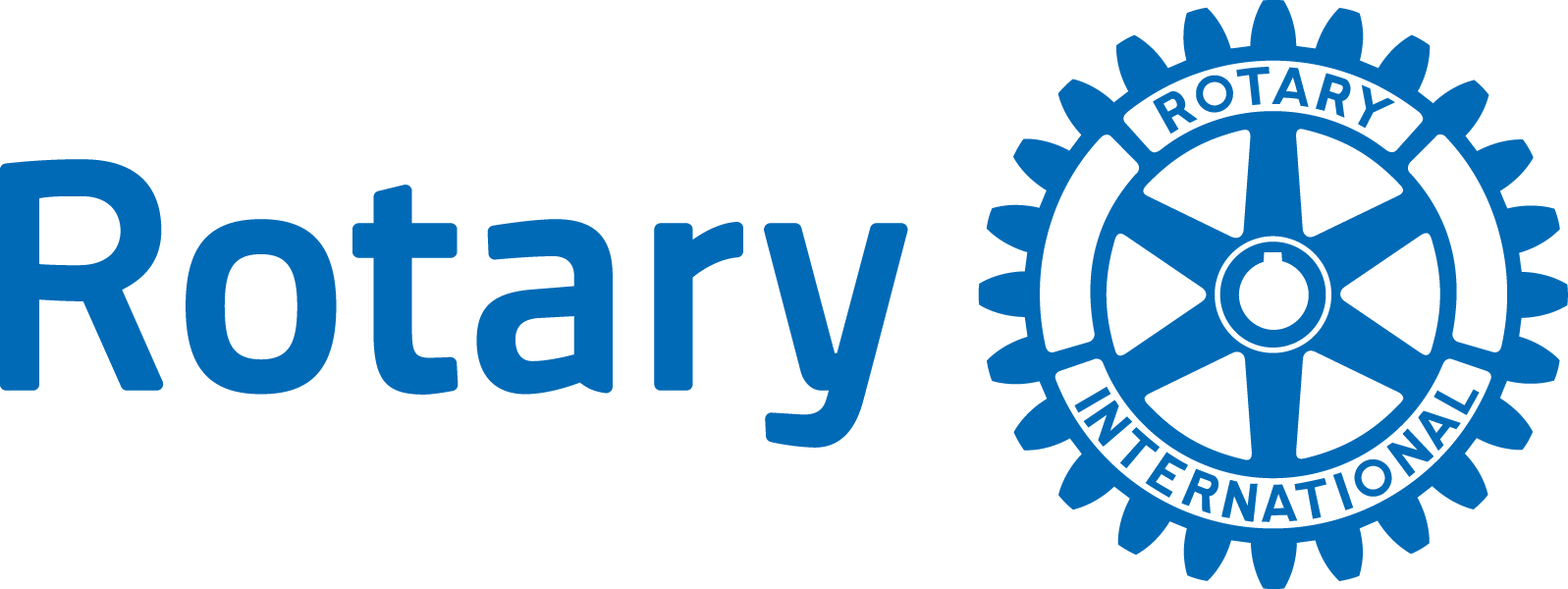Wheelchair Project
BRINGING SOCIAL CHANGE AND MOBILITY THROUGH WHEELCHAIR PROJECT
The common perception of the physically disabled throughout Mexico was that they are incapable of being productive members of society. Unable to work or provide for their families, they face discrimination, must be taken care of, and are kept at home.
But an organization called Autonomy, Liberation Through Movement (ALEM) is working to change all that. Founded in 2007, ALEM provides vocational training, encouraging and empowering people with motor disabilities to find meaningful employment. In addition, the group is providing a service that was sorely needed throughout central Mexico: wheelchair repair.
With the help of the Rotary Club of Cuernavaca-Juárez and the Rotary Club of Paoli-Malvern-Berwyn, Pennsylvania, USA, ALEM has been able to provide low-cost repairs for wheelchair users in their community. A Rotary Foundation grant is funding a mobile repair clinic that travels to neighboring central Mexican cities including Puebla and Veracruz. Local Rotary clubs arrange accommodations, meals, publicity, and a central location where the ALEM team can set up its mobile repair shop.
Erik Friend, co-founder and now president of ALEM, brought his experience as a mechanic to the organization, and presented ALEM as a potential project partner to various clubs in Mexico and the United States. Impressed with Rotary club involvement in projects that goes beyond funding, he became a Rotary member himself, joining the Cuernavaca-Juárez club.
“This project has benefits and contributions to society that are very interesting,” Friend says. “Some are simple, as people who have lost their mobility regain it by having their wheelchair fixed, but other benefits are more subtle, like the impact on the local culture and on society. People with disabilities now see that it is possible to work. We know that we are changing perspectives.”
ALEM has 10 people working out of its Cuernavaca-based workshop, all with physical disabilities and most of them wheelchair users. All workers are trained in various specialties, including painting, welding, and upholstery work.
Mayra Solano, director of ALEM, explains that the organization’s name is meant to emphasize the possibility of growth and change for anyone with a motor disability. She adds that the constant challenge is figuring out how to fight pre-established notions about the capabilities of people who must rely on a wheelchair.
“ALEM works in two parts,” says Solano. “One part is painting a picture in our country showing that even with a disability, in our case motor, there are still many options and we can integrate [these people] back into the world. The other part talks about the education needed, so they can become professionals and work. They have to learn new things -- to use their hands, to use their sight, to work in a team, to talk about ideas, and start working together.”
Providing low-cost wheelchair repairs is another important element of ALEM’s mission. Although replacement parts are relatively inexpensive, they still aren’t affordable for most wheelchair users in the community. With Rotary’s help, ALEM now ch
arges only for labor, anywhere from about $3 to $18. With the ability now to bring the repair clinic to other communities, ALEM’s impact is that much wider.
“We [and the Rotary clubs] joined our efforts and started working together, but it goes much further than that,” Solano says. “It goes in the feeling and the spirit of Rotary, which is about working with the community, for the community. It’s the partnership that makes change possible.”

